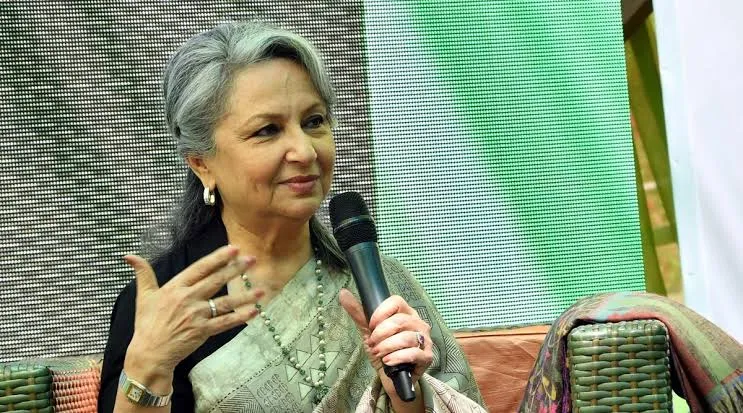The political landscape in Canada has shifted dramatically with the recent breakdown of the power-sharing deal between Prime Minister Justin Trudeau’s Liberal Party and the New Democratic Party (NDP). This development significantly increases the likelihood of an early federal election.
NDP Leader Jagmeet Singh Ends Deal with Trudeau
Jagmeet Singh, leader of the NDP, has announced that his party is withdrawing from the agreement signed with Trudeau in 2022. Singh has expressed doubts about Trudeau’s ability to prevent Conservative Leader Pierre Poilievre from securing a win in the next election, which is scheduled for October 2025. Singh’s move reflects growing dissatisfaction with Trudeau’s leadership.
The deal is done.
The Liberals are too weak, too selfish and too beholden to corporate interests to stop the Conservatives and their plans to cut. But the NDP can.
Advertisement · Scroll to continueBig corporations and CEOs have had their governments. It’s the people’s time. pic.twitter.com/BsE9zT0CwF
— Jagmeet Singh (@theJagmeetSingh) September 4, 2024
Political Implications for Trudeau
The collapse of the Liberal-NDP pact, which had committed Singh’s party to supporting the government in critical votes, puts Trudeau in a precarious position. With the deal set to expire next June, Trudeau now faces the challenge of navigating parliamentary votes without guaranteed support from the NDP. This situation raises the risk of a confidence vote that could trigger an early election.
Challenges Facing the Liberal Party
The end of the agreement creates significant obstacles for Trudeau’s administration. The Liberals had anticipated leveraging a stable political environment to address economic issues, such as interest rate adjustments and inflation. However, the sudden shift complicates their strategy and increases the urgency to manage public perception and economic performance.
Trudeau has been under scrutiny for rising living costs, particularly in housing and food. He recently highlighted a third consecutive interest rate cut by the Bank of Canada as a positive step, aiming to provide relief to homebuyers.
Current Parliamentary Dynamics
With 154 seats in the House of Commons, the Liberal Party lacks the majority needed to pass legislation on its own. The Conservative Party, with 119 seats, stands as the largest opposition force. Recent polls suggest a significant lead for the Conservatives, with the Liberals trailing by 15 to 20 percentage points. If this trend persists, Poilievre’s Conservatives could secure a majority government, a scenario not seen since 2015.
Trudeau’s Response and Future Prospects
Despite the turmoil, Trudeau remains hopeful that Parliament will continue to function effectively. He has indicated a preference for delaying an election until fall of the following year, while focusing on delivering results for Canadians in the interim.
Singh’s Appeal and Poilievre’s Reaction
Singh, whose party is currently positioned third in national polls, has positioned himself as a stronger alternative to Poilievre. He argues that the Liberals are failing to address core issues and is seeking voter support to challenge the Conservatives more effectively. Singh is scheduled to address the media in Toronto soon.
In response, Poilievre has dismissed Singh’s actions as a mere “media stunt” and has called for the NDP to push for an immediate election. Singh’s office has signaled readiness to vote against the Liberals at any time, with the possibility of a no-confidence motion remaining on the table.
Legislative and Fiscal Pressures
The government faces critical legislative deadlines, with an economic policy statement expected later this year and an annual budget due in the spring. To stay in power, the Liberals must secure support for these key financial measures, with the Conservatives, NDP, and Bloc Québécois all positioned to influence the outcome.
Labor Disputes and Financial Commitments
Recent tensions have emerged between the Liberals and the NDP, particularly over labor disputes. Last month, a lockout by national railways heightened these issues, with Singh accusing Trudeau’s labor minister of yielding to corporate interests.
The original power-sharing agreement included commitments to various social programs, such as dental care and expanded pharmaceutical coverage. While many of these initiatives have been implemented, some, including broader drug coverage, still await final approval.
The deal added considerable financial pressure on the government, with the dental-care program alone estimated to cost C$13 billion over five years. The government’s financial outlook includes a projected annual deficit of around C$40 billion through 2026.
ALSO READ: Taiwan Reports Heightened Chinese Military Activity Near Its Area






















